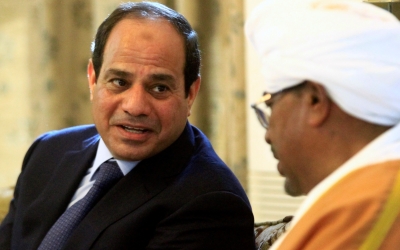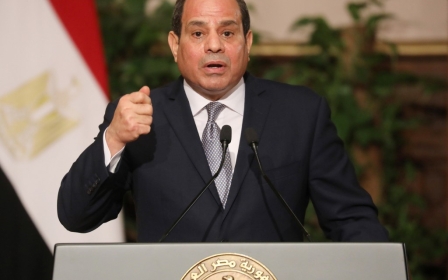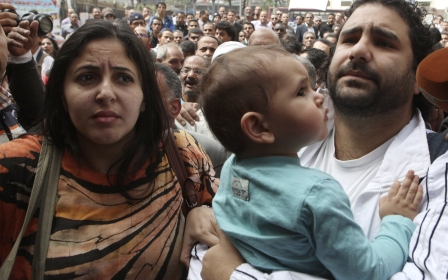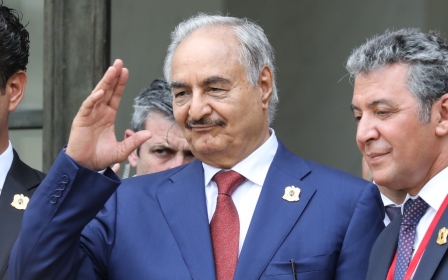Construction of new Egyptian capital stalled by funding and labour shortages

Egypt's plans for a new capital city have been stalled by a lack of funding and a shortage of manual labour, leading to doubts that it will be able to serve as the seat of government by 2020 as planned.
The project was originally launched in 2015 by President Abdel Fattah el-Sisi, a year after he was first elected to the presidency, and was touted as an attempt to offer a clean and efficient base for the government and finance industry.
The $58bn project is also set to include homes for at least 6.5 million people, to ease the burden on Cairo, which is bursting at the seams with 20 million people and clogged with traffic.
But the project, which also seeks to lift an economy dented by political turmoil after 2011, lost a lead investor from the United Arab Emirates and is now being run by the housing ministry and the army's engineering authority.
"There is very strong interest from the political leadership in the project," Ahmed Zaki Abdeen, a retired general who heads the company building the new city, told the Reuters news agency.
New MEE newsletter: Jerusalem Dispatch
Sign up to get the latest insights and analysis on Israel-Palestine, alongside Turkey Unpacked and other MEE newsletters
But he said "the large scale of the work leads to large-scale problems", such as finding enough skilled labour to wire up the "smart city" and raising about 1 trillion Egyptian pounds ($58 billion) in financing over the coming years from land sales and other investments.
"We need very extensive financing and the state doesn't have money to give me," said Abdeen, adding that about 20 percent of investment so far had come from abroad, including up to $4.5bn from China.
Abdeen said he hoped a $1.2 billion electrified train link from Cairo to the city, also being built by a Chinese firm, would be ready in 18 months. Before then the city would be served by electric buses, he said.
However, a $20bn deal for the second project phase agreed in 2016 with the China Fortune Land Development Company fell through over financial terms. The second and third phases had been "postponed", he added.
Despite setbacks, Egypt's general-turned-president has been keen to show off the project, taking visiting French President Emmanuel Macron on a helicopter tour of the site in January.
David Sims, author of Egypt's Desert Dreams, a book on development projects, told Reuters the backing of Egypt's presidency and military made the project "too big to fail", although he said that did not guarantee people would want to live there.
"It's one thing to have an army of labourers and lots of machinery out there pushing dirt around but it will be another thing to see if it all comes together," he said.
Sisi has faced fierce criticism of his apparent attraction to mega-projects.
Early in his presidency, Sisi also built an extension to the Suez Canal, which cost Egypt $8bn and has been dismissed as an unnecessary extravagance.
Middle East Eye delivers independent and unrivalled coverage and analysis of the Middle East, North Africa and beyond. To learn more about republishing this content and the associated fees, please fill out this form. More about MEE can be found here.





